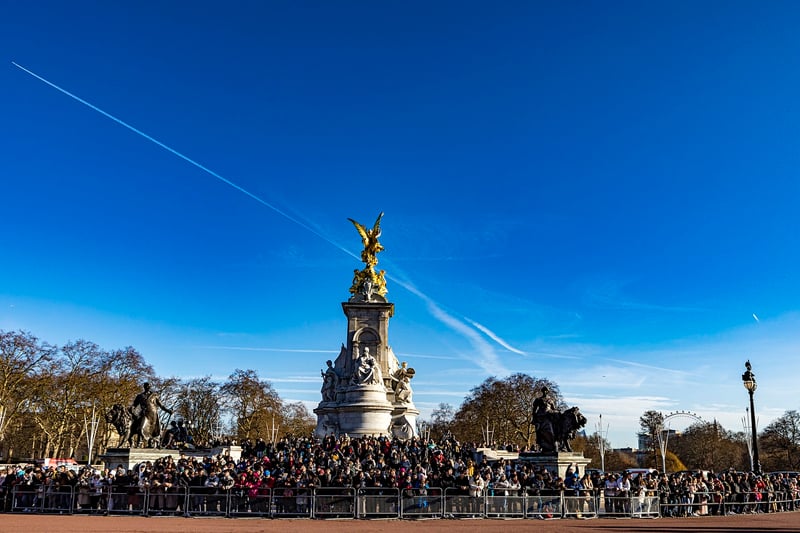Changing History
Moral Dilemmas in Time Travel and Changing History

Time travel has long been a fascinating concept in science fiction, allowing individuals to journey through time and potentially alter the course of history. However, with the ability to change events in the past come profound moral dilemmas that raise ethical questions and considerations.
1. The Butterfly Effect
One of the most significant moral dilemmas in time travel is the concept of the butterfly effect. This theory suggests that even small changes in the past can have drastic and unforeseen consequences in the future. By altering a single event, time travelers risk creating a chain reaction of changes that could impact the lives of countless individuals.
2. Responsibility and Accountability
Time travelers must grapple with the weight of responsibility and accountability for their actions in the past. Should they intervene in historical events to prevent tragedies, or should they adhere to a non-intervention policy to preserve the timeline as it was meant to unfold? The ethical implications of altering history raise complex moral questions.
3. Paradoxes and Conflicts
Time travel often introduces paradoxes and conflicts that challenge traditional notions of cause and effect. For example, if a time traveler goes back in time to prevent a disaster, would that disaster have occurred in the first place if they had not intervened? These paradoxes create a web of moral dilemmas that test the limits of our understanding of time and causality.
4. Cultural and Historical Sensitivities
Changing history can also raise concerns about cultural and historical sensitivities. Intervening in past events may inadvertently erase important cultural heritage or alter the course of history in ways that disrespect or disregard the experiences of certain communities. Time travelers must consider the implications of their actions on the fabric of society.
5. Personal Motivations and Consequences
Lastly, time travelers must confront their own personal motivations and the potential consequences of their actions. Are they seeking to change history for personal gain, or do they have altruistic intentions? Understanding the motivations behind altering historical events is crucial in evaluating the ethical implications of time travel.
In conclusion, the concept of time travel and changing history presents a myriad of moral dilemmas that challenge our understanding of ethics, responsibility, and the nature of causality. Exploring these dilemmas can lead to thought-provoking discussions about the implications of altering the past and the ethical considerations that come with such power.
